Baby’s skin is among the most delicate skin there is. Parents of newborns tend to be very careful about the products they use in terms of laundry soap, body wash, and creams. You want to steer clear of harsh chemicals, scents, and dyes so as not to cause an adverse reaction. But even with the most cautious approach, skin issues can still develop.
For those who have a baby with eczema, it can be quite stressful trying to figure out how to best address it and not make the problem any worse for their little one. If this sounds familiar, then this guide on baby eczema and how to best handle it will prove extremely useful.
Know the Signs to Watch For
The first tip is to be aware of what eczema typically looks like on a baby. This will allow you to react quickly so the flare-up doesn't get any worse.
Some common signs of eczema include:
- A dry rash
- An extremely red rash
- A rash that appears on the scalp, behind the ears, the face, legs, body, and/or arms
- A rash on the entire body
Learn Their Triggers
Now that you've properly spotted eczema, it's important to learn their triggers. A trigger causes a flare-up, so by eliminating them from your baby's routine and lifestyle, potentially you'll be able to control flare-ups.
Some of the most common eczema triggers in babies include:
- Dyes
- Fragrance
- Harsh chemicals
- Being sweaty/overheating
- Dry skin
- Allergens
- Food intolerances and allergies
- Common viruses
Choose Soft Breathable Fabrics That Won’t Irritate the Skin
Here's a tip that is important during an eczema flare-up and even when they don't have any skin irritation. Always choose fabrics that are lightweight, soft, and breathable. This will ensure that your baby’s clothing doesn’t irritate their skin and potentially make their eczema worse.
Some great fabrics to dress your little one in include cotton, bamboo, linen, and hemp. This is especially important for essentials like a body suit that is right against their delicate skin. You may also want to check for items that don't have internal labels, again this will ensure you're not irritating their skin.
Don't forget to also use lightweight blankets and muslins. Those made from cotton and bamboo wash beautifully, but won't irritate their skin and allow for maximum breathability.
One final note about clothing is to choose items that have some stretch and movement to them. Items that are too tight and don’t allow the skin to breathe properly can make a flare-up much worse. A good example is turtlenecks, which are typically very tight-fitting. The heat gets trapped in their body, which isn't good for eczema.
Use Mild Laundry Soap
And speaking of clothing, all of their items should be washed in mild laundry soap that doesn't contain harsh chemicals, fragrances, and dyes. These will all act as irritants and simply aren't necessary. Many different soaps are meant for sensitive skin, these are the best options.
Whenever you purchase new clothing for your baby, also be sure to wash the items first before they wear them. Should you throw clothing into the dryer, don’t use any fabric softener sheets or scent boosters.
Bathe Your Baby Often
While your first instinct may be to cut back on baths for fear of drying out their skin further, in fact, daily bathing is incredibly important for eczema sufferers. Using a mild, fragrance-free soap will remove bacteria from their body that could go on to cause an infection. It will also add moisture to their dehydrated skin.
Once you finish bathing them, pat them dry rather than rubbing their skin. This will ensure you don’t irritate their skin.
Choosing the Best Moisturiser
Another step is to ensure their skin stays hydrated. Dry skin will only make the eczema more uncomfortable, so applying moisturiser is needed. Choose one that is dye and fragrance-free, is thick, and is a cream rather than a lotion. You may need to apply the cream more than once a day.
Still Not Getting Any Better - Contact Their GP
If you've used all these tips and your little one still isn't seeing any improvements, it's best to make an appointment with their general practitioner. They can speak to you further about potential treatment options which may include topical creams, steroids, and/or antibiotics. Should it still not get better, you may need a referral to a dermatologist.
An On-Going Quest
The good news is that eczema isn’t a major health concern, in most cases it just causes discomfort. Thanks to these tips you will be able to better control the flare-ups your baby has, and ensure they clear up as fast as possible.



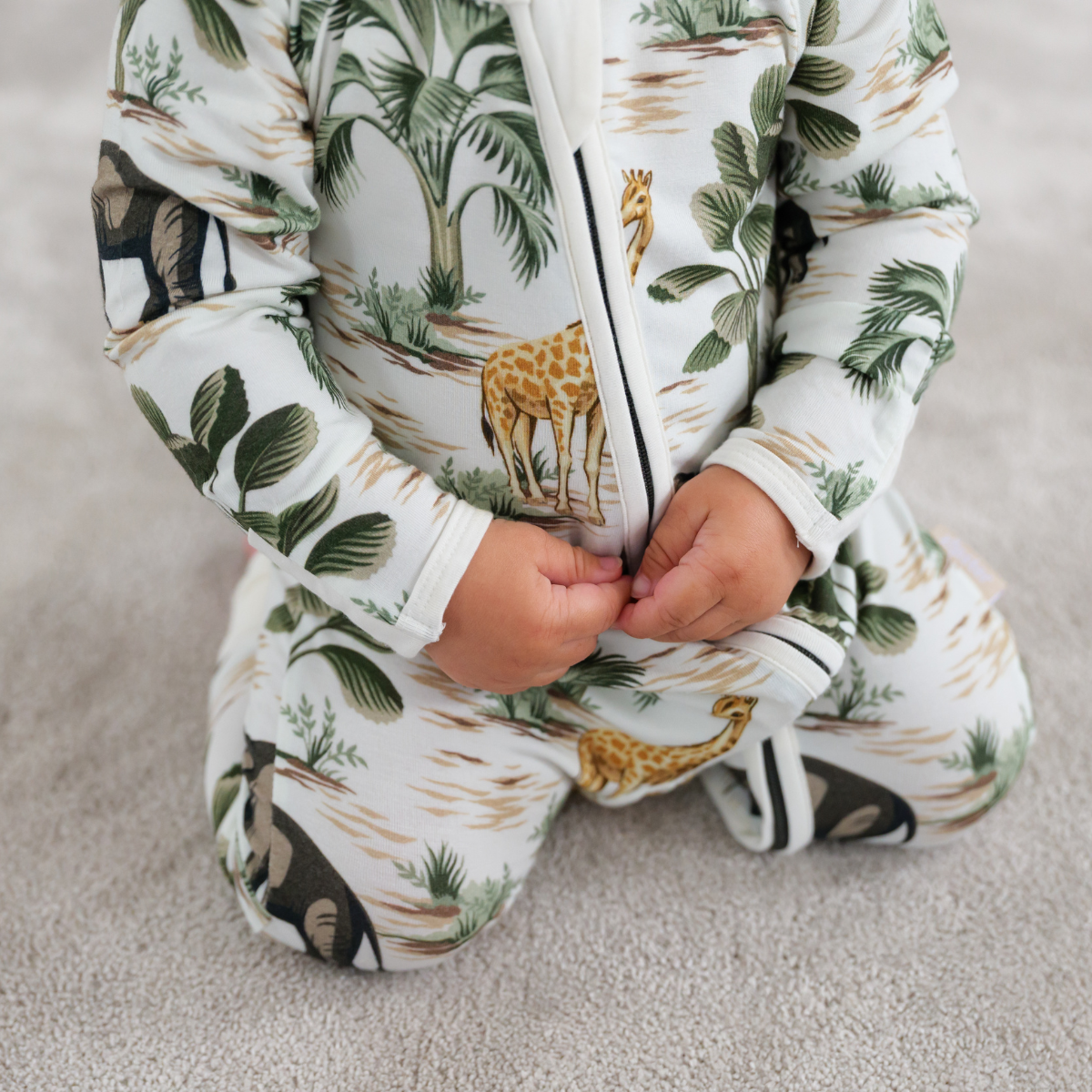
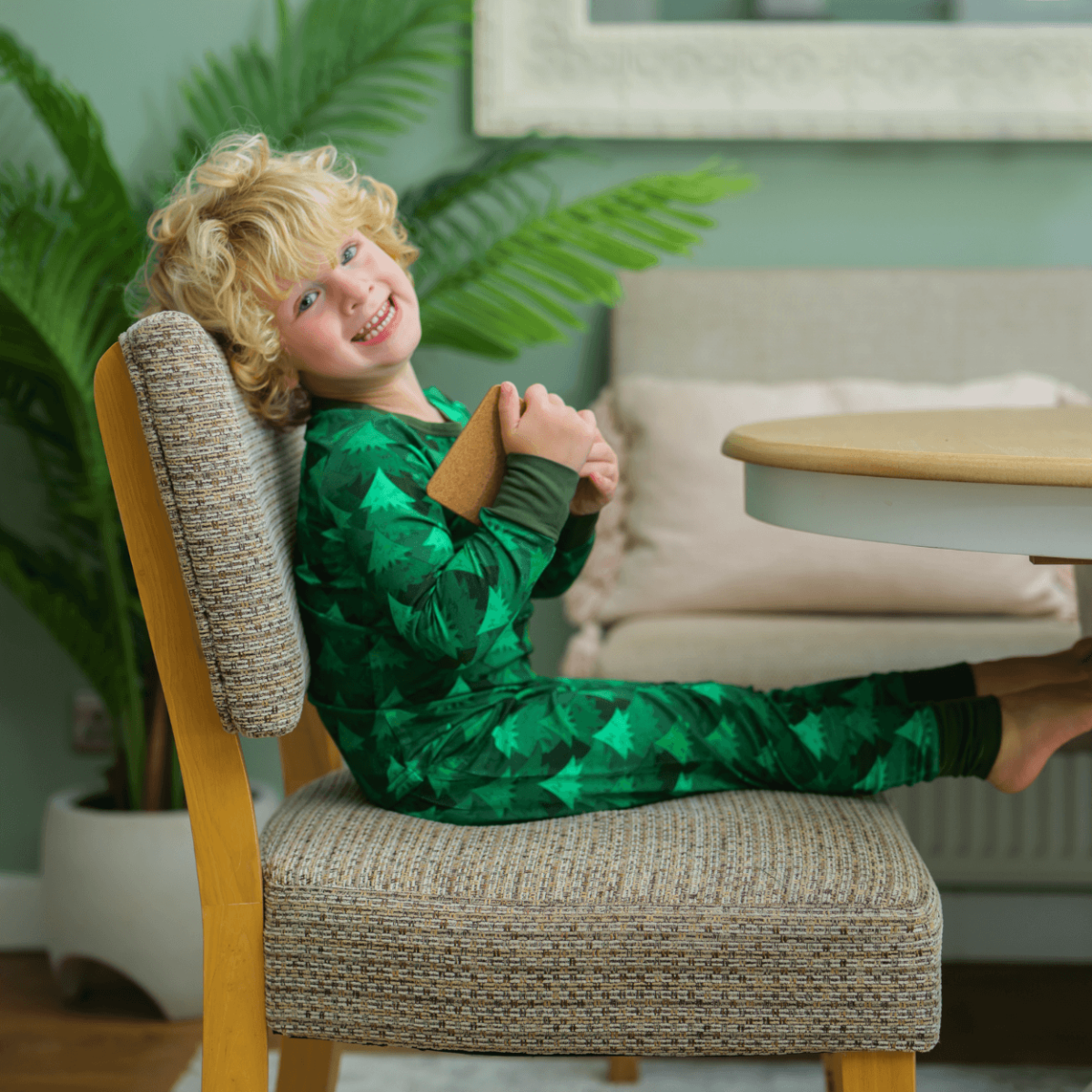
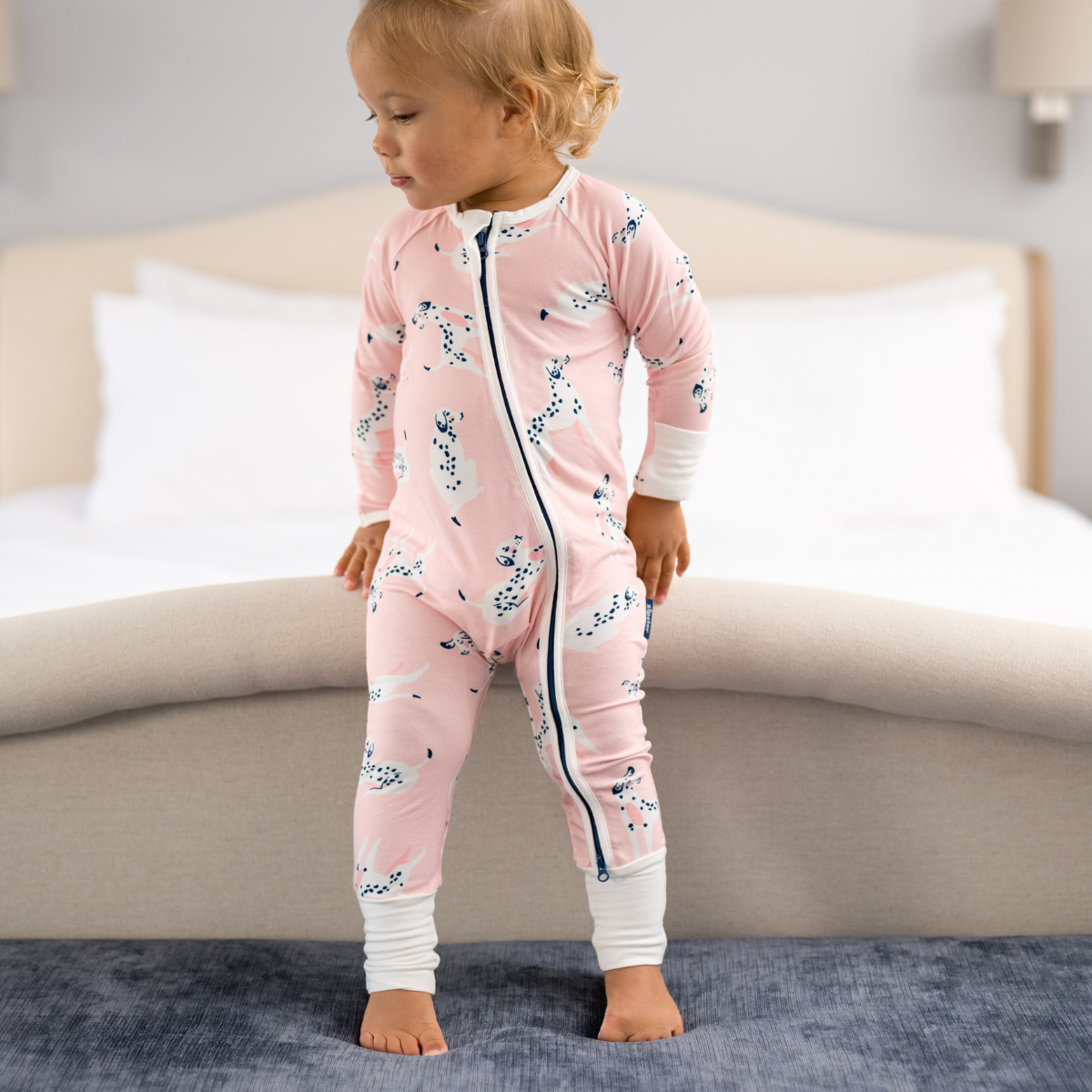
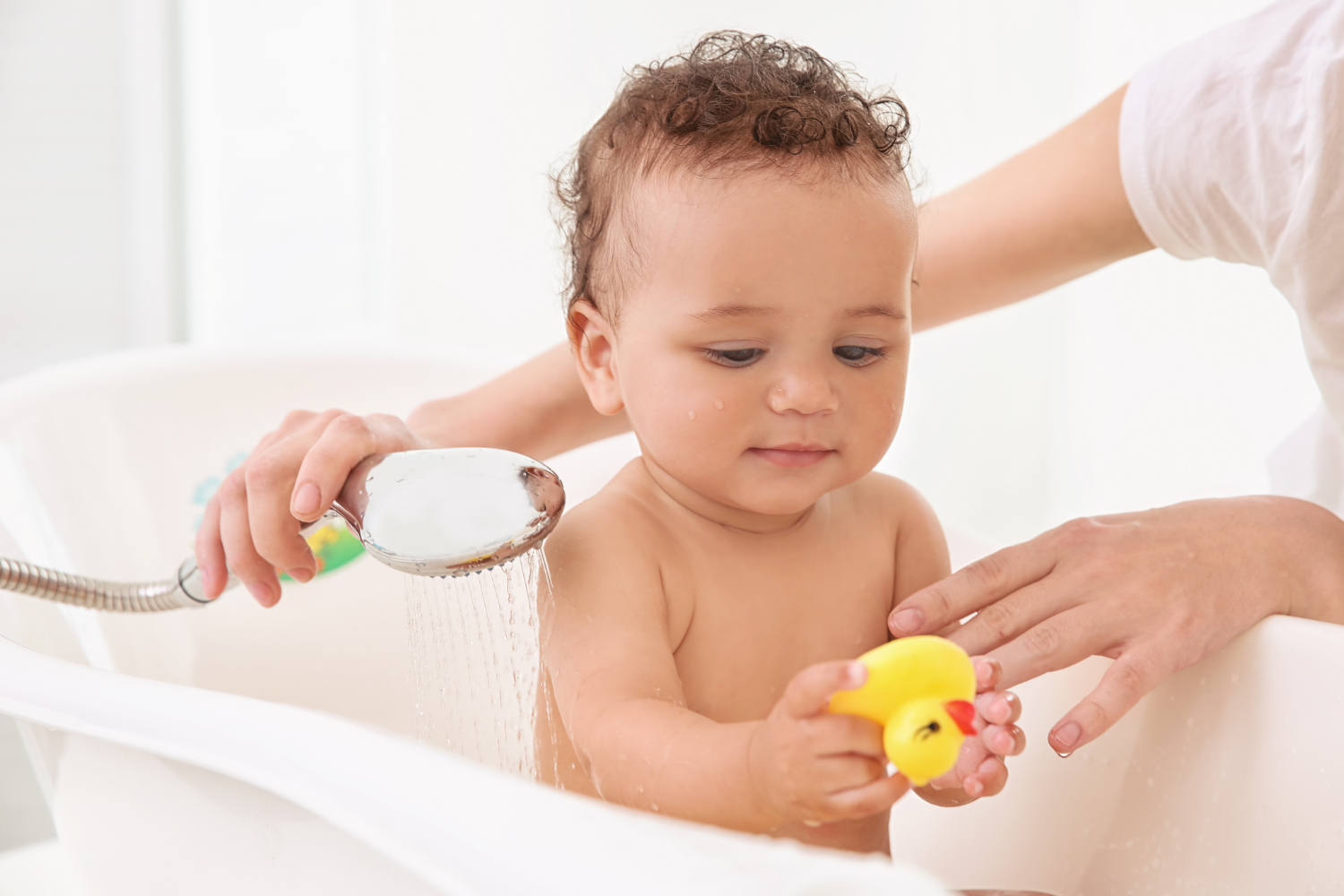

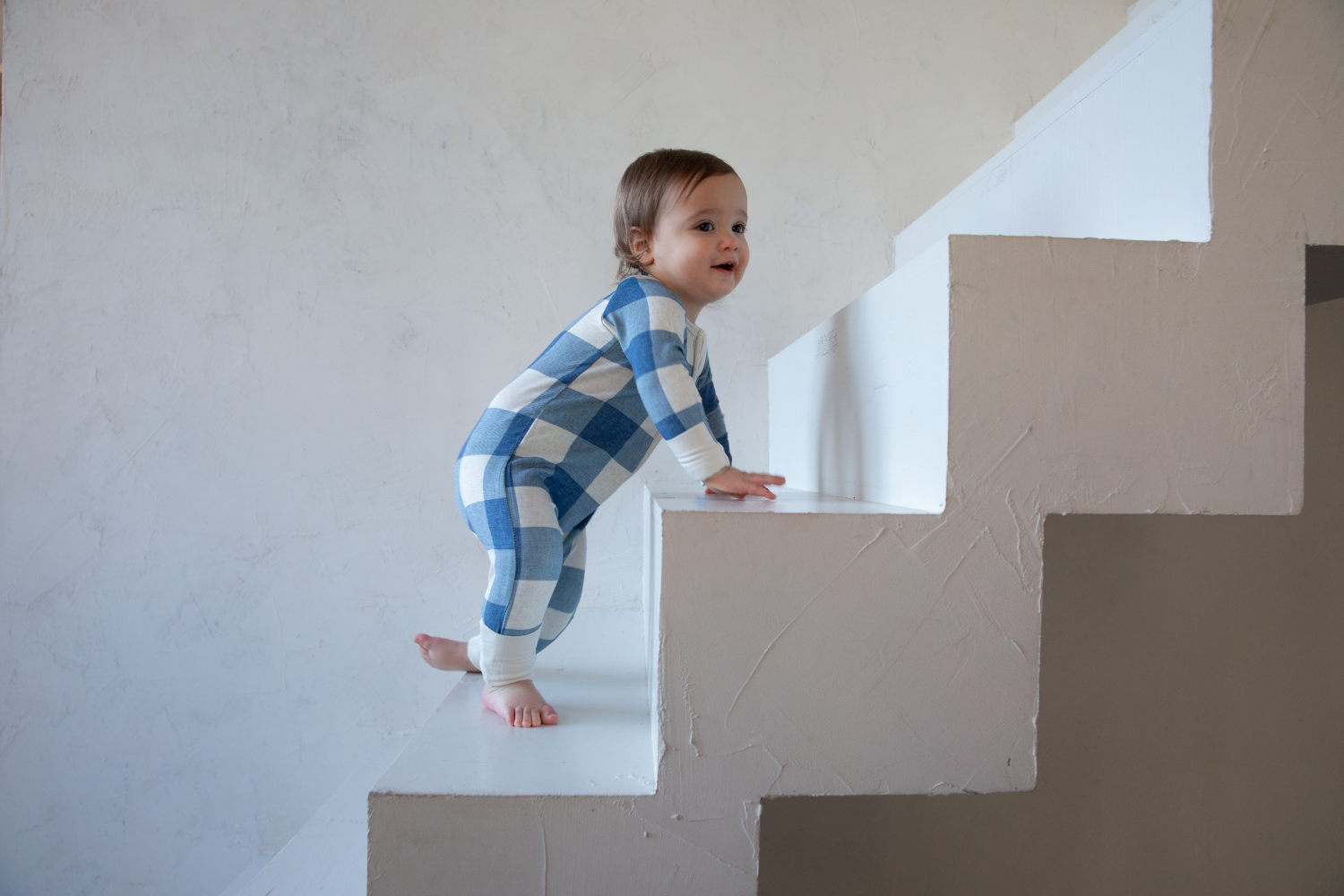
Leave a comment
This site is protected by reCAPTCHA and the Google Privacy Policy and Terms of Service apply.